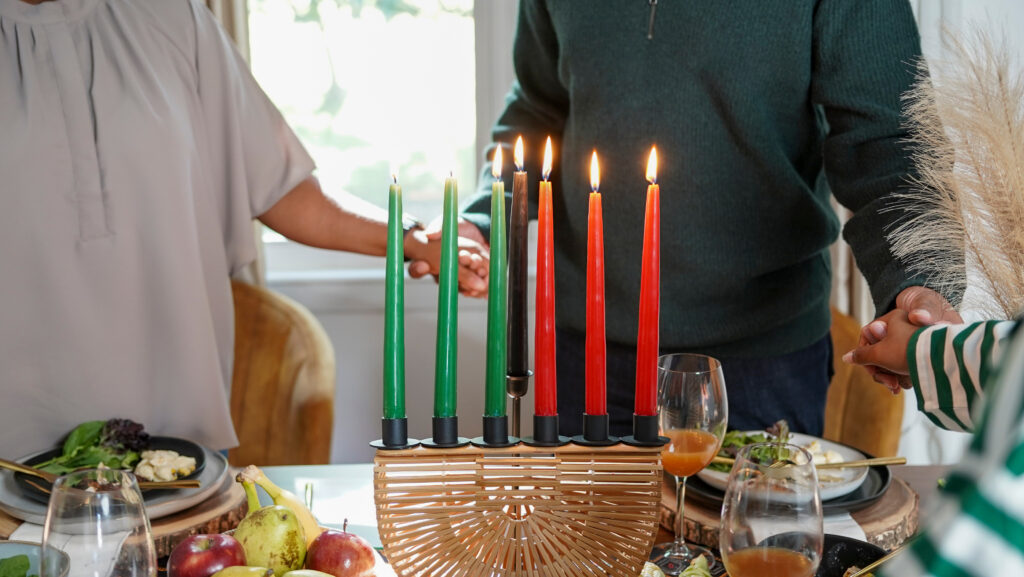The National Guard And The Carpenter Ants, This West Virginia Week
On this West Virginia Week, the National Guard stays in Washington, D.C. for now, a deadline looms for Real IDs and West Virginia band, The Carpenter Ants, celebrate the holidays with a new record.
Continue Reading Take Me to More News






















